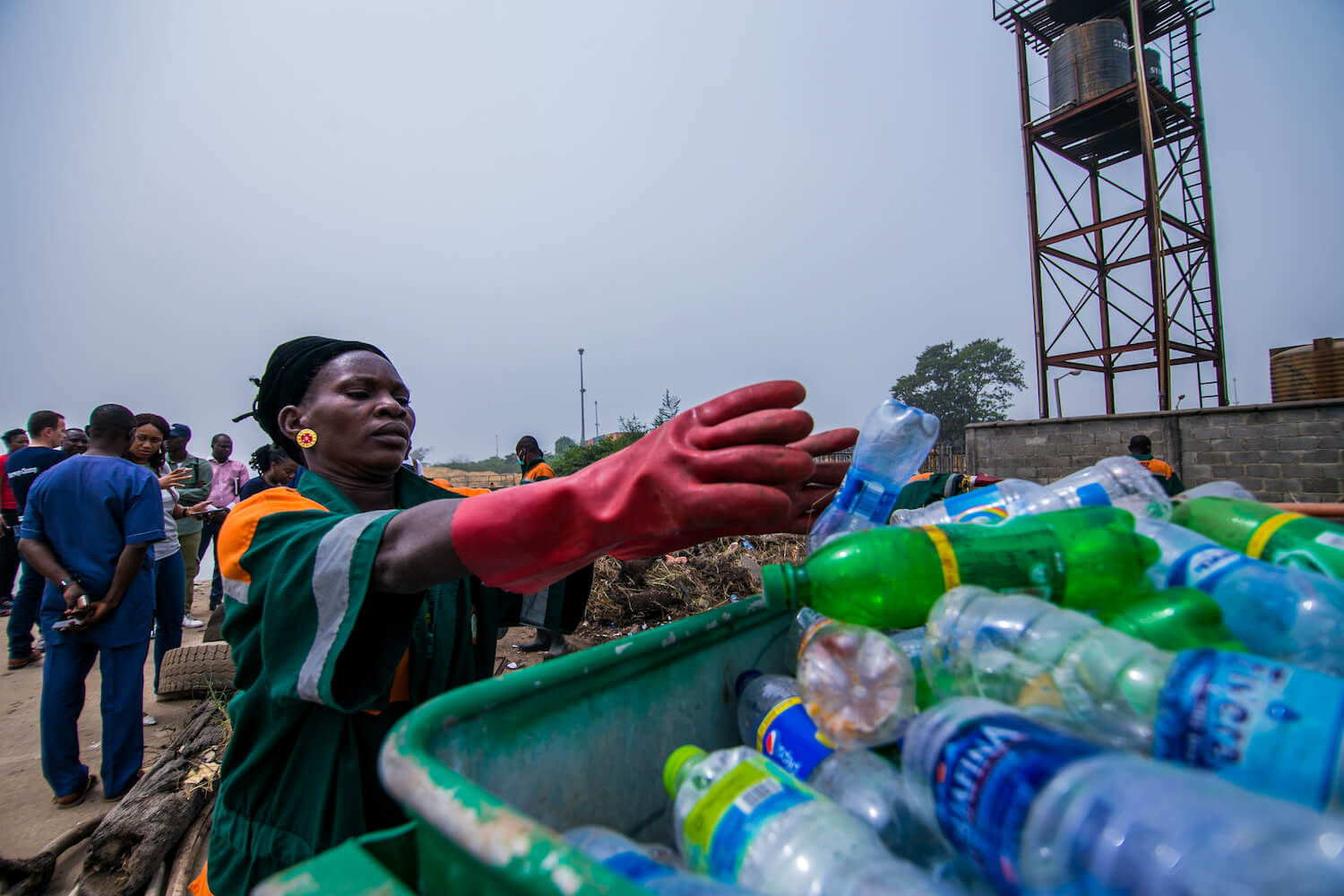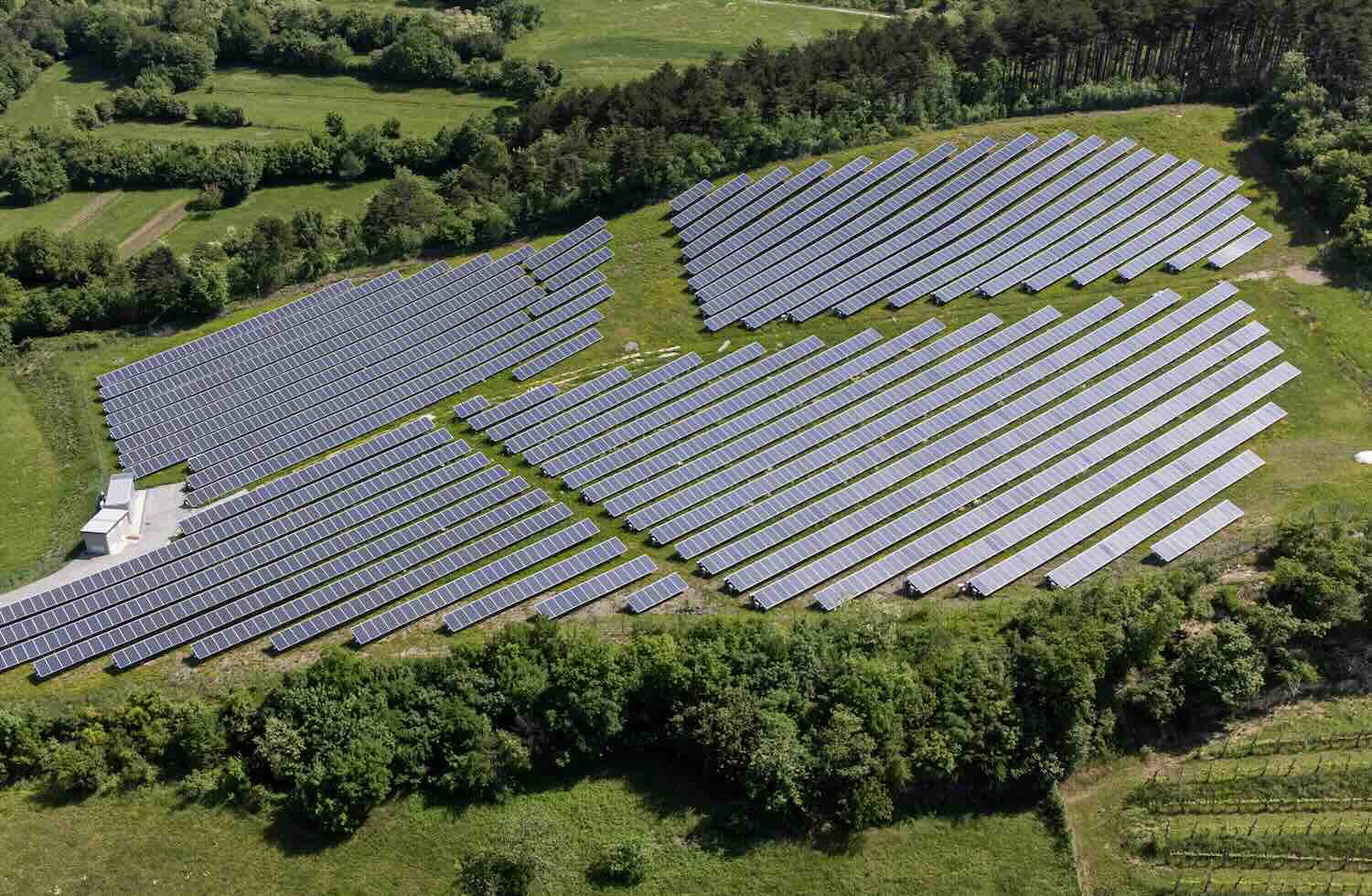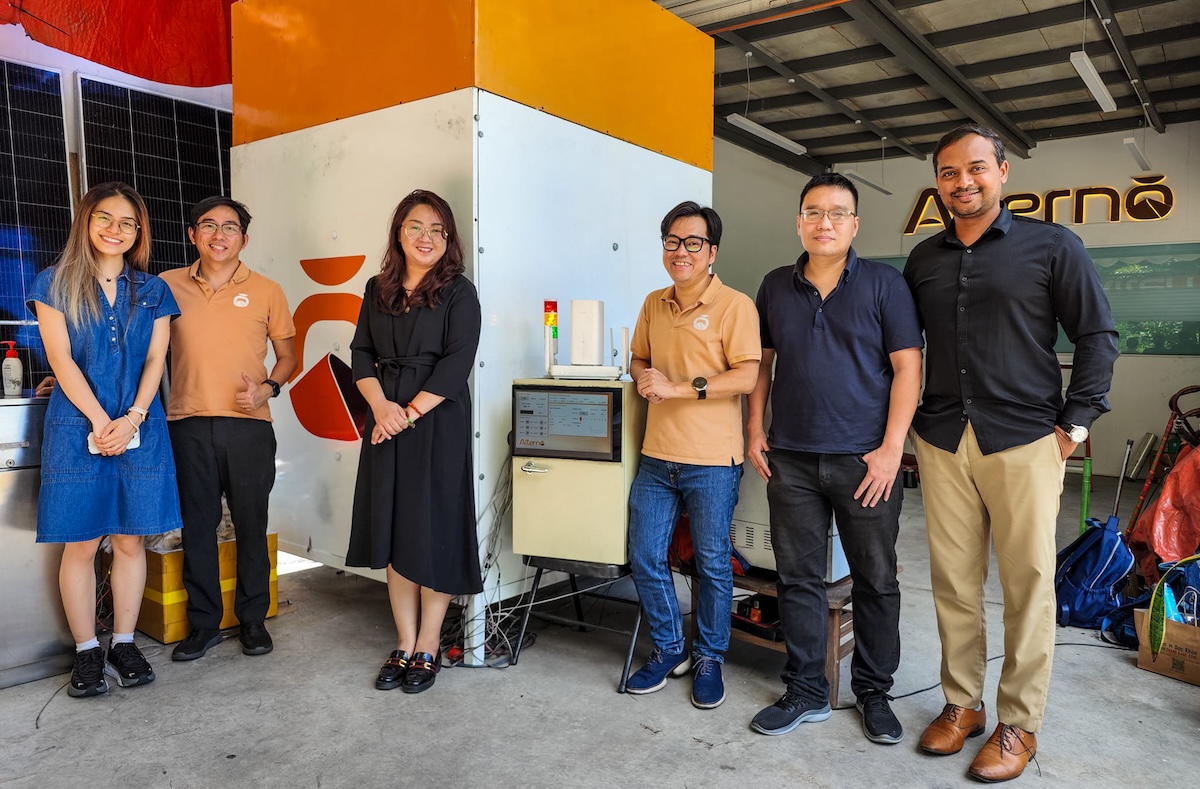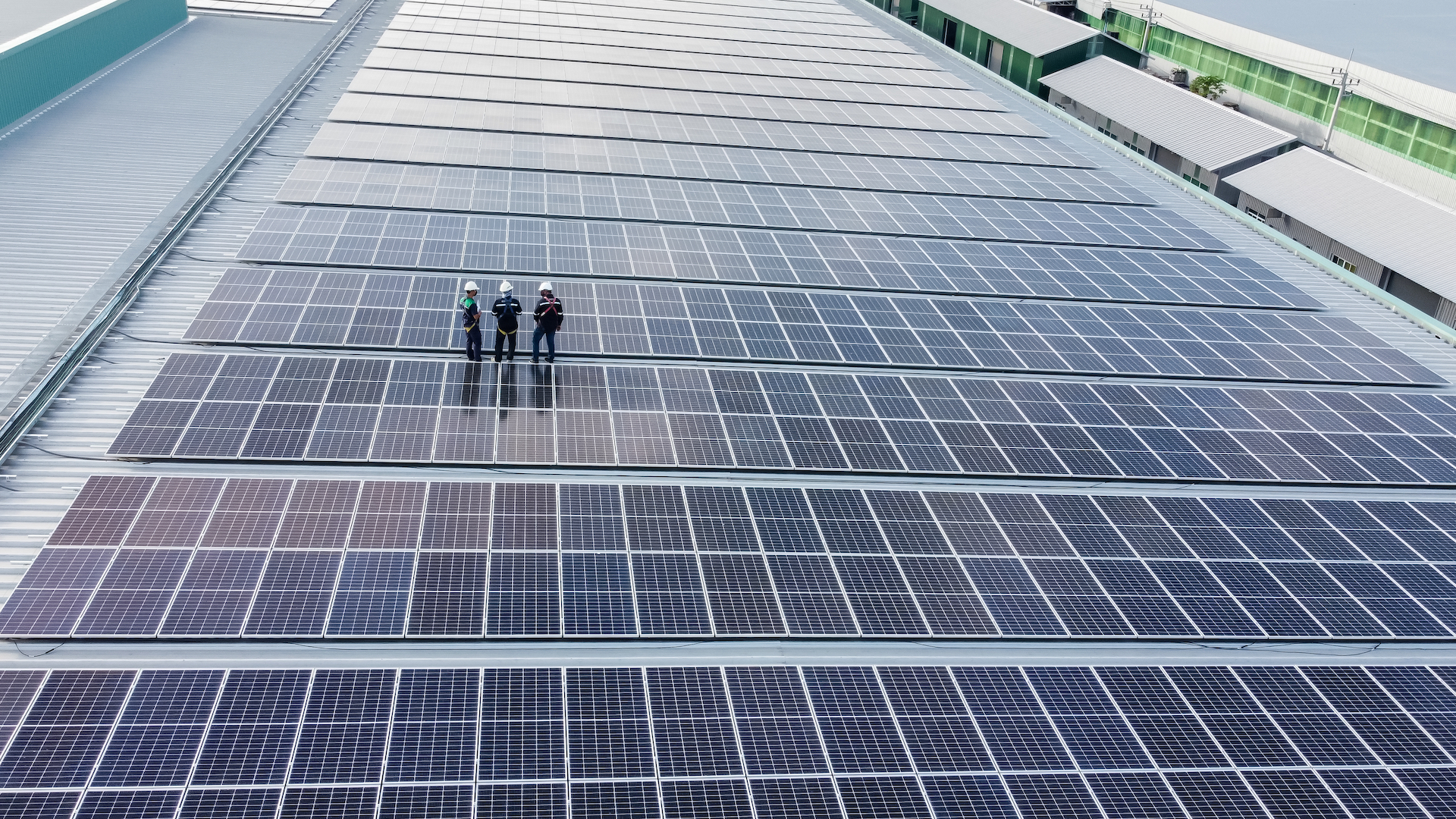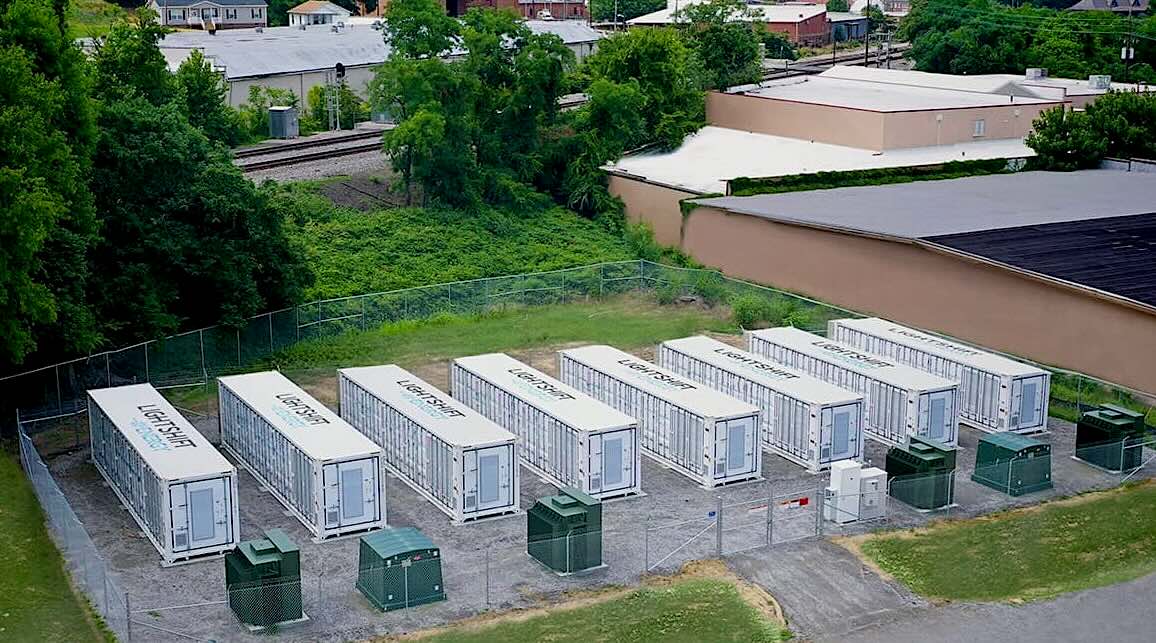When a problem is on your doorstep, it’s only natural to be compelled to find a solution.
Over the past years, demand for plastic has substantially increased in Sub-Saharan Africa and is projected to follow the same trajectory over the next decades – one estimate indicates a growth of 375% in Sub-Saharan Africa, the Middle East and North Africa combined, compared to a global average of 210% by 2060. Under this trend, Sub-Saharan Africa is expected to become the dominant region globally in terms of total waste generation.
Africa boasts a young, energetic population. It’s used to coming through crises, and we as a people are full of ideas. Around Africa, entrepreneurs along the continent’s coastlines and waterways have been pursuing innovative ways to combat the continent’s plastics problem with some remarkable solutions.
These range in size and scope, from co-operatives of individual litter-pickers, to creative upcycling businesses – social enterprises focused on crafting specific items out of plastics, including shoes, bags, sculptures and even boats – to large scale waste management companies. Yet all of them need commitment from the innovation community and investors to grow and scale if they are to deliver the change at pace that the continent needs. The truth is that while African start-ups are plentiful and the investment opportunities in them are often lauded, this is not translating to them growing as they should.
Research shows that despite the ingenuity and resilience of Africa’s people, the climate for start-ups in Africa is tough, the challenges are multiple and complex. To stimulate and support them to grow the global sustainable investment community needs to connect entrepreneurs with both investment and practical business support mechanisms to enable them to realise their potential.
It’s in this context that the Government of Canada and Nesta Challenges collaborated to design a challenge prize to identify these innovators and entrepreneurs and support them to scale through the CA$14,500,000 Afri-Plastics Challenge. The challenge’s first strand, Accelerating Growth, is currently calling on African innovators in the field of plastics waste management to submit their scalable solutions to win grant funding to develop their ideas in pursuit of the main prize. Beyond the financial, we support enterprises to establish and build their capacity with expert guidance and practical tools to help their efforts to become sustainable in the long-term. Importantly, the prize aims to support women-owned businesses and women entrepreneurs to thrive as they contribute to solving Sub-Saharan Africa’s plastic problem.
Investors worth their environmental, social and governance (ESG) credentials should be seeking out the best social businesses on the continent that can help beat the tidal wave of plastic on Africa’s shores. Whilst funding for NGOs and non-profits who do vital work on the continent is important, the potential benefits of investing in enterprises on the ground that deliver both social, environmental and financial returns not only makes sense in-terms of deploying sustainable capital, but is a way to support Africa’s potential from an African perspective while limiting the imposition of international agendas.
Managing risks
Yet despite the excited international conversations about Africa’s potential, there is also a great deal of perceived risk in investing – from concerns about infrastructure constraints to corruption. According to consulting firm BCG, “a number of structural barriers make Africa challenging for tech entrepreneurs and investors. They include a fragmented market, low consumer purchasing power, complex and inconsistent regulations.”
Investors need to understand the risks they are undertaking and where traditional investment funds are put off. Young companies in Africa need help to attract social investors around the world who are willing to take managed risks to bring about the triple bottom line of social, environmental and financial returns.
But even attracting social investment is not easy. Frank Aswani CEO of the African Venture Philanthropy Alliance has suggested in a recent report that “Africa needs $500 billion – $1.2 trillion annually between now and 2030 in order to meet its SDG financing goals.”
With international aid budgets reduced and foreign investment in an unstable place following the financial shocks of the Covid-19 crisis, there’s a significant gap to be filled by social investment. What’s more, given the reduced international funding for the non-profit sector, it’s possible that Africa’s eco start-ups will be competing against non-profits for the limited innovation finance that flows into the continent.
There are however some forward-thinking social investors making real progress in this area. The Global Innovation Fund is one such example – having invested US$1 million in equity and debt in Kenyan enterprise Mr Green Africa, a tech-enabled plastics recycling company disrupting the current informal and exploitative plastic recycling sector. Mr Green offers an in-house, end-to-end process for plastics waste recycling by purchasing directly from its sourcing agents or waste pickers, who are some of society’s most marginalised people. The GIF investment is being used to fund additional recycling machinery, IT upgrades, team expansion, and to provide working capital. The project is already making an impact – in 2020, Mr Green Africa recycled 1,600 metric tonnes of plastic waste for an estimated 4.8 million kg CO2 emissions saved per annum, empowering 640 waste pickers. The eventual aim is to scale the business to reach 134 trading points in Kenya by the end of 2023.
Gender lens
Investors also need to rethink how they allocate capital. Whilst the African Development Bank estimates that nearly a quarter of entrepreneurs are women, only 2% of women-founded businesses receive venture capital. Given the amount of women involved in the plastics-recycling value chain, investors would do well to direct funding towards women-led start-ups. Incubators that operate a peer-selection process to decide who is deserving of VC, rather than relying on the choices of predominantly decision-makers who are men, have been shown to lead to increased rates of investment in women-led businesses.
Money isn’t the only answer – providing funding for training programmes that equip entrepreneurs with the skills they need to take their business to the next level is vital. Aid budgets and philanthropic funding should be redirected to capacity-building programmes that nurture early and mid-stage start-ups and their leaders to take the necessary steps from start up to credible sustainability and growth.
Entrepreneurship in Sub-Saharan Africa doesn’t need much encouragement in itself, the African Development Bank has estimated that one in five people in Africa is starting a business, and 27% of these are women. Much of this however is focused on small entities dealing in fast moving consumer goods (FMCGs), therefore practically inspiring small business owners, collectives and community organisations to scale-up their work and extend into new sectors is required. Leaders can benefit greatly from capacity building to be equipped with the skills and the confidence that they need to take their venture to the next level.
Such training programmes often have the added benefit of connecting entrepreneurs with other like-minded people doing similar things. This kind of support network is highly valuable, as is advice and mentorship from those who have experience building up businesses – potentially reaching beyond national borders to scale and operate across the continent’s 54 territories and globally.
There’s not much point ‘teaching a man to fish’ – or anyone for that matter – when fishing stocks have been depleted by microplastics. But by funding and equipping home-grown start-ups that are already actively working to solve the ocean-bound plastics problem, philanthropists, impact investors and governments can empower African entrepreneurs to build up businesses that provide employment and benefit the regional economy whilst tackling one of the most critical environmental problems that the continent faces.
Constance Agyeman is Director of International Development at London-based innovation agency, Nesta Challenges.

